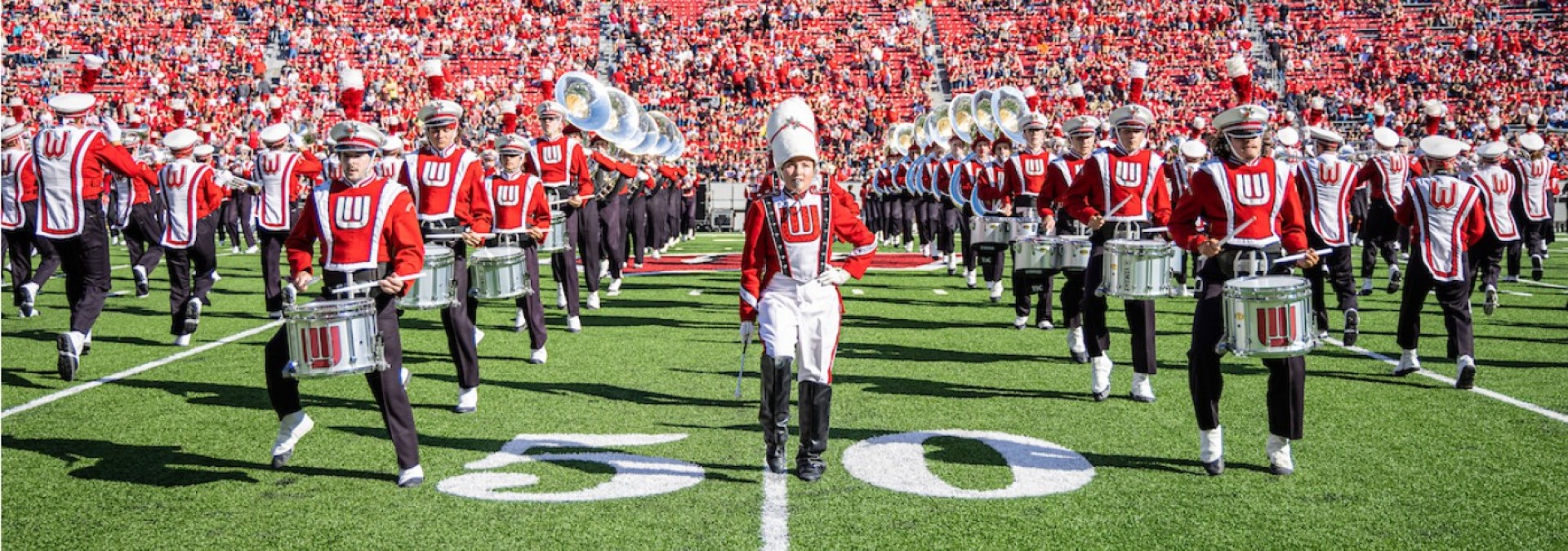Audition: A performance or demonstration of skill that is required for admission into many music schools. It often involves playing prepared pieces for a panel of faculty members.
Bachelor of Arts (BA): A general undergraduate degree that can include a major in music but usually involves more liberal arts coursework than a Bachelor of Music.
Bachelor of Music (BM): An undergraduate degree focused primarily on music performance, theory, and related studies.
Bachelor of Music Education (BME): An undergraduate degree designed for students who want to become certified music teachers.
Campus Environment: The setting and community around a school; includes factors like campus size, available resources, and the overall atmosphere students experience.
Conservatory: A specialized school focused almost entirely on training professional performers, especially in classical music, with an intensive and performance-driven curriculum.
Degree Program: A set of courses and requirements leading to an academic degree, such as a BM, BA, or BME in music.
Doctor of Musical Arts (DMA): A terminal (final) degree in music performance or composition, often pursued by those aiming for advanced performance careers or teaching positions at universities.
FAFSA (Free Application for Federal Student Aid): A form that students fill out to apply for federal financial aid for college, including grants, loans, and work-study programs.
Financial Aid: Money that helps students pay for college, which can include scholarships, grants, loans, and work-study jobs.
Institute (of Music): A term some schools use that can reflect a conservatory-style training environment or a specialized department within a larger university (e.g., Peabody Institute).
Instrument Loans: Programs at some schools where students can borrow high-quality instruments for practice and performance.
Liberal Arts: Academic studies in areas like humanities, sciences, and social sciences; a BA degree usually involves more liberal arts coursework than a BM degree.
Master of Arts (MA): A graduate degree that may involve advanced study in music history, theory, or related academic areas, rather than just performance.
Master of Music (MM): A graduate degree focused on advanced study in music performance, composition, or conducting.
Music School (School of Music): A department or college within a university that offers a broad range of music degrees and programs, often including performance, education, technology, and research.
Net Cost: The actual amount a student and their family will pay for college after scholarships, grants, and financial aid are applied.
Performance-Based Training: A style of education focused mainly on developing performance skills through lessons, rehearsals, and live performances.
Professional Instrument: A high-quality instrument made for advanced or professional players, often needed for competitive music programs.
Scholarship: Money awarded to students based on talent, need, or academic achievement that does not have to be repaid.
School of Music: A broader music education institution that offers multiple music-related degrees and often includes access to other academic fields and university life.
Selectivity: The competitiveness of a school's admission process; schools with high selectivity admit only a small percentage of applicants.
Work-Study Program: A form of financial aid where students work part-time jobs to help pay for their education expenses.

.jpg)
.png) ARTICLE GLOSSARY
ARTICLE GLOSSARY

.png)
.png)


.jpg)
.jpg)

.jpg)

.png)




.jpg)
.png)










.jpg)



.jpg)
.jpg)
.jpg)
.jpg)
.jpg)

.png)
.png)

